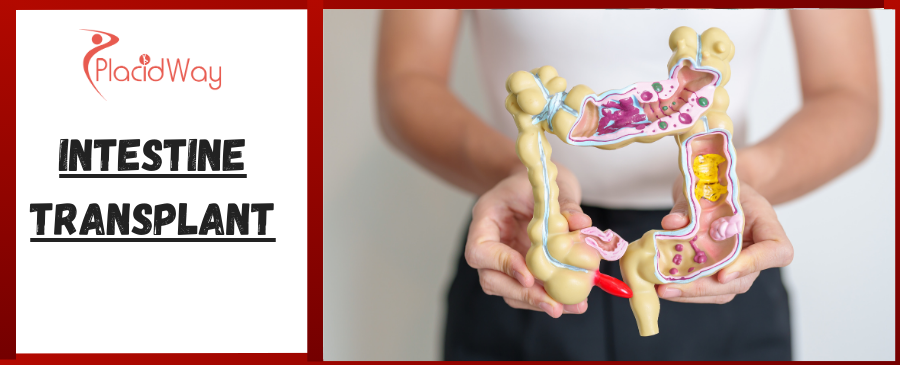
Table of Content
An intestine transplant, also known as a bowel transplant, is a life-saving surgical procedure that involves replacing a diseased or non-functioning intestine with a healthy intestine from a donor. This treatment is typically recommended for patients with severe intestinal failure who cannot absorb nutrients effectively and require long-term total parenteral nutrition (TPN). The transplant allows the patient to regain normal digestion and nutrition absorption.
| Type | Description |
|---|---|
| Isolated Intestinal Transplant | Transplantation of the small intestine only, recommended for patients with isolated intestinal failure. |
| Combined Liver and Intestinal Transplant | Transplantation of both the liver and small intestine, often for patients with liver failure due to prolonged TPN use. |
| Multivisceral Transplant | Transplantation of multiple organs, including the stomach, pancreas, intestine, and liver, for patients with widespread abdominal disease. |
To explore different packages for intestine transplants, click here.
The intestine transplant procedure generally includes the following steps:
| Country | Average Cost (USD) |
|---|---|
| Mexico | $90,000 - $120,000 |
| Turkey | $100,000 - $130,000 |
| Thailand | $110,000 - $140,000 |
| India | $80,000 - $110,000 |
| USA | $250,000 - $400,000 |
Find Prices for Intestine Transplants Near You: click here.
Intestine transplant costs vary significantly based on location and clinic. In the U.S., it can exceed $250,000, while international options range from $80,000 to $140,000, offering more affordable choices.
Yes, an intestine transplant is generally safe when performed by experienced surgical teams in accredited transplant centers. However, due to the complexity of the procedure, patients require close monitoring and long-term care post-surgery.
Recovery can take several months, with patients initially requiring ICU monitoring. Immunosuppressive therapy and regular follow-ups are essential for maintaining transplant health and preventing rejection.
Success rates vary depending on patient health, transplant type, and surgical expertise, but average one-year survival rates are around 80-90%, with ongoing care improving long-term outcomes.
Yes, lifelong immunosuppressive medications are necessary to prevent organ rejection. Regular follow-up appointments help monitor and manage these medications effectively.
Considering an intestine transplant abroad? PlacidWay connects you with top international transplant centers offering advanced care and expert medical teams. Gain access to affordable, high-quality transplant services and a renewed quality of life. Schedule your consultation with PlacidWay today to start your journey toward better health.
Best Organ Transplant Center | Cheap Organ Transplant Packages